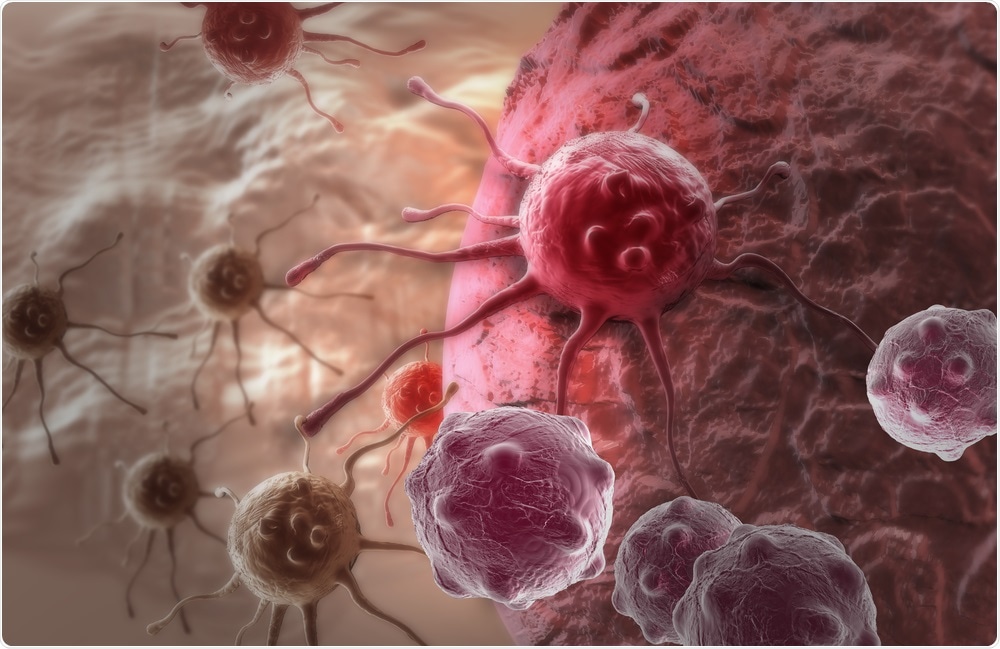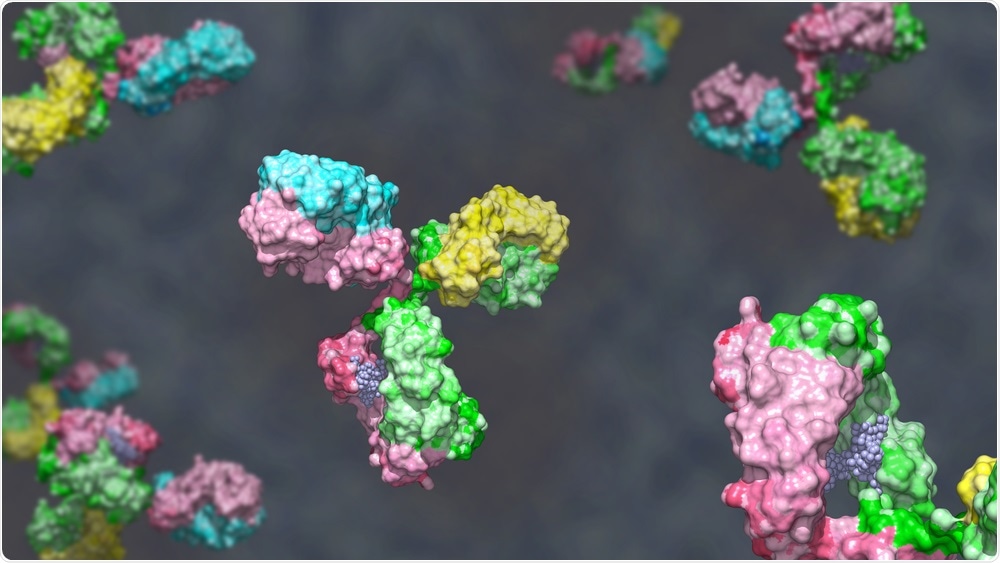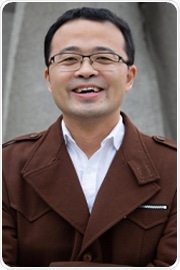In this interview, we speak to researchers from the University of Toronto about their latest research that investigated the role genes play in the development of antibodies.
Please can you introduce yourself and tell us what inspired your latest research into antibodies?
My name is Alberto Martin, and I am a professor of Immunology at the University of Toronto. I have been working on antibodies for over 20 years as these are essential to clear pathogens from our bodies.
Can you describe how you carried out your latest research into the development of antibodies? What did discover?
We were interested in identifying new genes that are required for the development of antibodies. We carried out a genetic screen and identified a new gene called Fam72a that plays a critical role in making high-quality antibodies that can effectively neutralize pathogens.
We found that without this gene, mice cannot mount an effective antibody response that is required to clear viruses or bacteria.

Image Credit: jovan vitanovski/Shutterstock.com
Despite immunologists knowing for years that Activation-Induced Deaminase (AID) was essential in antibody production, its mechanism was not fully understood. Why was this and how did your latest research uncover its mechanism?
A long-standing puzzle in the field was that AID produced a type of mutation in DNA that should be easily fixed by the DNA repair machinery that exists in all cells, which would effectively inactivate the function of AID which is to produce mutations that can increase antibody binding strength.
We discovered a new gene that makes a protein that disables this specific DNA repair pathway, allowing mutations produced by AID to persist which would then allow the B cell (the cell in the immune system that makes antibodies) to generate high-quality antibodies to neutralize and clear pathogens.
How will your results help us to further understand antibody development? What implications will this have within infectious diseases?
The findings, described as “groundbreaking” by one of the reviewers during the review process in Nature, show that Fam72a allows AID to carry its function effectively by allowing mutations to develop that are essential for effective antibody production.
It is possible that individuals that have mutations in this gene would not be able to mount an effective antibody response.
Your research will also have implications for cancer. How is this?
As Fam72a promotes mutations, and many different cancers have very high levels of Fam72 in their cells, Fam72a would inhibit specific DNA repair processes that would enable mutations to accumulate in pre-cancerous cells. This could trigger cancer development.
Do you believe that with continued research into antibody genes we may be able to develop more effective drugs to target cancer as well as infectious diseases such as SARS-CoV-2?
Absolutely. Our work has only begun on this topic. The goal of our current work is to determine how Fam72a can promote both antibody development and cancer development.
It is possible that interfering with fam72a function could prevent multiple types of cancers.
How did the ongoing COVID-19 pandemic affect your research and how did you overcome this?
We had to reduce our working hours in the lab to social distance, and also reduce many experiments that were ongoing at the time. Nevertheless, the excitement of this project kept everybody engaged.
What are the next steps for your research into antibodies?
Our goals are to understand how effective antibodies are made, and all the genes that are involved. Understanding the full mechanism of antibody development will undoubtedly influence vaccine design or interventions for individuals that have antibody-mediated autoimmune diseases, for example.

Image Credit: Huen Structure Bio/Shutterstock.com
Where can readers find more information?
Unsung Gene is Key to How Antibodies Develop: U of T Study | Temerty Faculty of Medicine (utoronto.ca)
About Professor Alberto Martin

I have been a professor in the Dept of Immunology at the University of Toronto for 18 years after working in New York for 4 years as a post-doctoral fellow.
My research interests lie in antibody development, cancer, and autoimmune diseases.
About Dr. Yuqing Feng
Yuqing completed her undergraduate study at the University of Saskatchewan, Saskatoon, Canada. She received her Ph.D. degree from Dr. Linda Chelico's lab at the University of Saskatchewan in 2017. During her Ph.D., Yuqing worked with APOBEC3 enzymes from the AID/APOBEC superfamily of cytidine deaminases and biochemically characterized APOBEC3 enzymes’ function as host restriction factors against RNA viruses and retrotransposons.
After her Ph.D., still feeling passionate about cytidine deaminases, Yuqing moved to Toronto and started her postdoctoral fellowship at Dr. Alberto Martin’s lab at the University of Toronto, where she worked on AID enzyme and its role in DNA damage and repair in B cells. During her past 3 years as a postdoc at Dr. Martin’s lab, Yuqing conducted a CRISPR genetic screen and identified Fam72a and its newly identified role during antibody maturation. Her work is supported by a CIHR fellowship.
About Dr. Conglei Li
Dr. Li has worked with Dr. Alberto Martin and Dr. Jennifer Gommerman for 9 years, first as a postdoctoral fellow and then research associate.
He is starting his independent research group at The Chinese University of Hong Kong, Shenzhen, China, with research interests in antibody production and gut immunity.